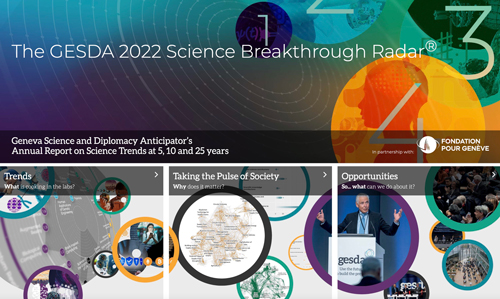Dr. Wang has an interdisciplinary training in genetics, molecular biology, and stem cell biology. As a doctoral and post-doctoral researcher, Dr. Wang has worked on the development of a variety of genome engineering technologies, including transposon-based “Calling Card” method for determining the genome-wide binding locations of transcription factors, TALEN-mediated genome editing in human pluripotent stem cells and mice, CRISPR-mediated multiplexed genome editing in mice, and CRISPR-mediated gene activation in human cells.
In 2014, he established his own lab at the Institute of Zoology, Chinese Academy of Sciences (Beijing, China). Since then, Wang lab has developed Zygote Electroporation of Nuclease (ZEN) method to generate genetically modified mouse models with high throughput and efficiency, Casilio method to regulate gene transcription, as well as method to generate CAR-T cells with multiplex gene editing. Wang laboratory focuses on developing novel technologies to achieve efficient and specific genome engineering, and applying them to study the function of genes and establish novel therapeutic methods.


